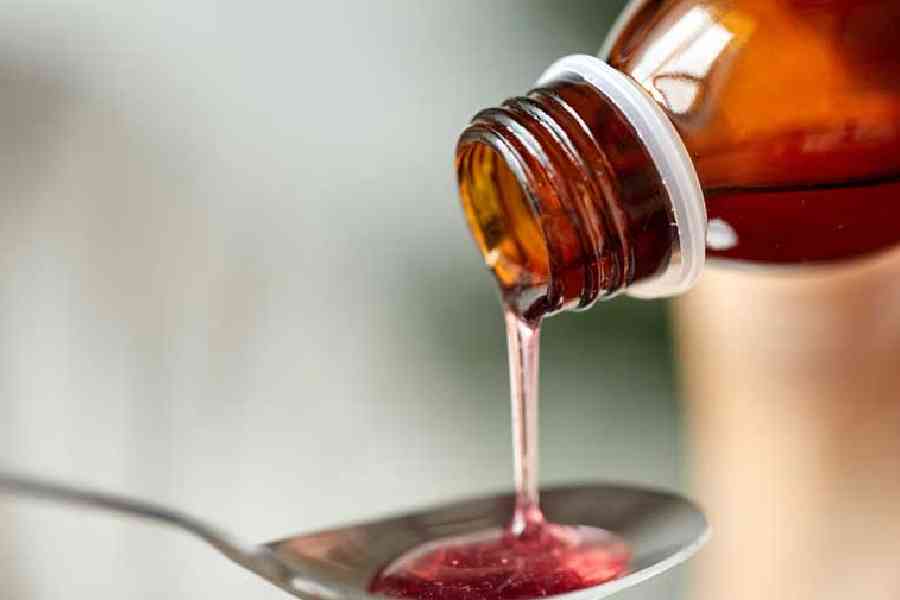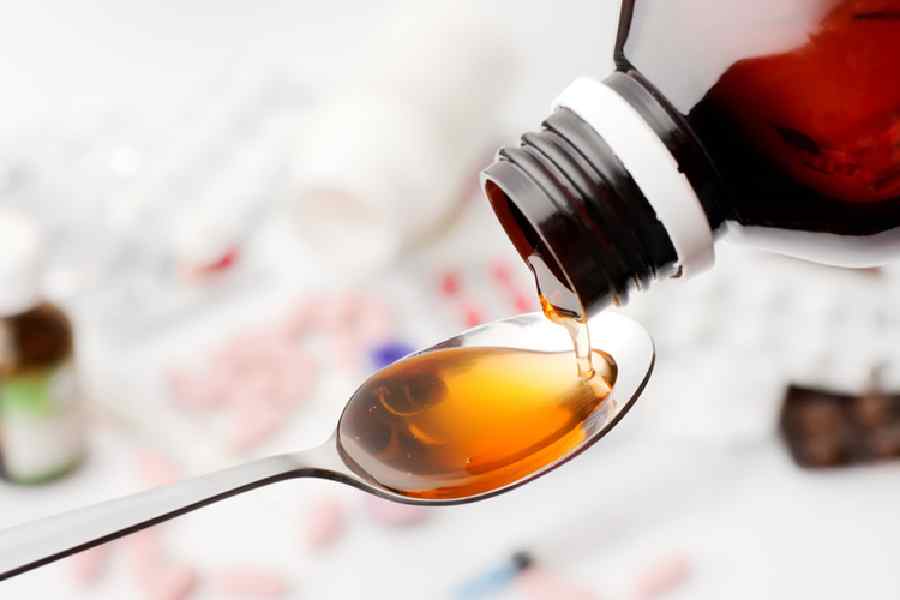The Union commerce ministry has directed cough syrups produced in India and intended for export to be sample-tested in government-accredited labs, months after international health authorities linked Indian-made cough syrups to children’s deaths in the Gambia and Uzbekistan.
The directorate-general of foreign trade (DGFT), a commerce ministry department, said in a note on Monday that cough syrup exports would be permitted “subject to the export sample being tested” in any of six central government or government-accredited state labs.
The export would be allowed on production of a “certificate of analysis” issued by any of the labs, the DGFT said. Experts view the order as part of the Centre’s efforts to restore India’s image as a source of reliable medicines, dented after Gambian and Uzbek authorities found contaminated Indian-made cough syrups last year and the US authorities detected contaminated Indian-made eye drops earlier this year.
The country’s drug regulatory authorities have acted against the two firms that had supplied cough syrups to the Gambia and Uzbekistan and asked the firm that had exported contaminated eye drops to the US to stop making ophthalmic formulations.
Central and state regulatory authorities routinely pick up samples of medicines intended for the domestic market for quality tests. The central drug authority releases every month “alerts” listing substandard batches of medicines.
Indian health officials have argued that the three instances represent aberrations and that India is recognised as a "global pharmaceutical hub" marked by some 3,000 drug companies and 10,500 drug manufacturing units.
The Indian pharmaceutical industry "is playing a pivotal role in improving health outcomes worldwide by serving as a dependable supplier of affordable and high-quality drugs", Union health minister Mansukh Mandaviya said earlier this month while interacting with representatives of Japanese pharma companies.
India, the minister said, has helped enhance global accessibility by providing around 22 per cent of generic medicines and 60 per cent of the global vaccine supply.
The DGFT order introduces an extra regulatory requirement for cough syrup export for which drug makers until now required marketing licences from the central drug regulatory authorities and manufacturing licences and approvals from state authorities.
Both the Gambian and Uzbek health authorities have reported Indian-made cough syrups contaminated with toxic chemicals called diethylene glycol and ethylene glycol.
The World Health Organisation had in January this year issued an "urgent call" for the prevention of, and response to, substandard drugs, citing the contaminated cough syrups detected in the two countries.
The health ministry said in March that central and state regulators had cancelled the production licences of, or ordered production to be halted at, 18 drug companies, calling the move a "special drive" against substandard or spurious medicines.











